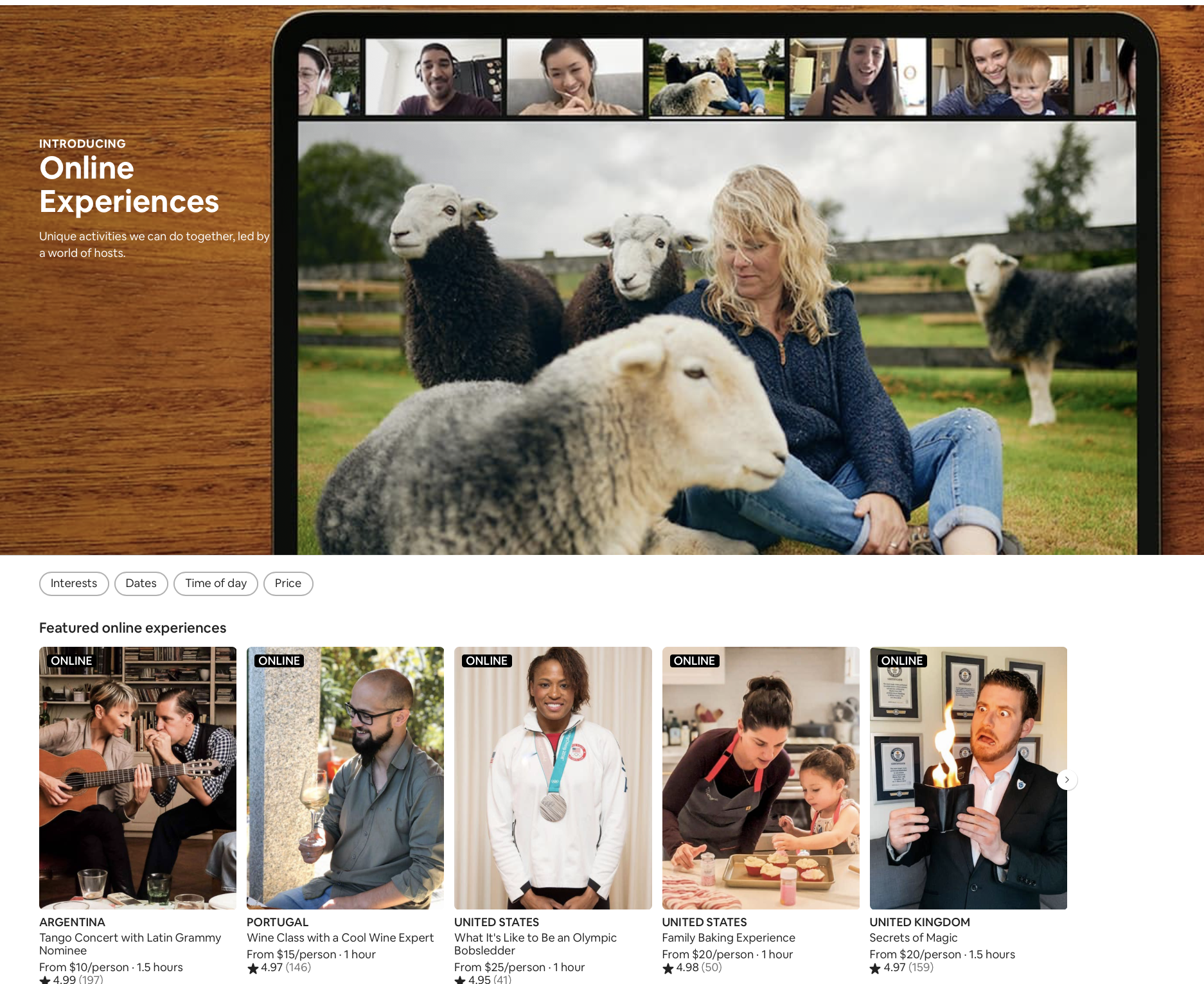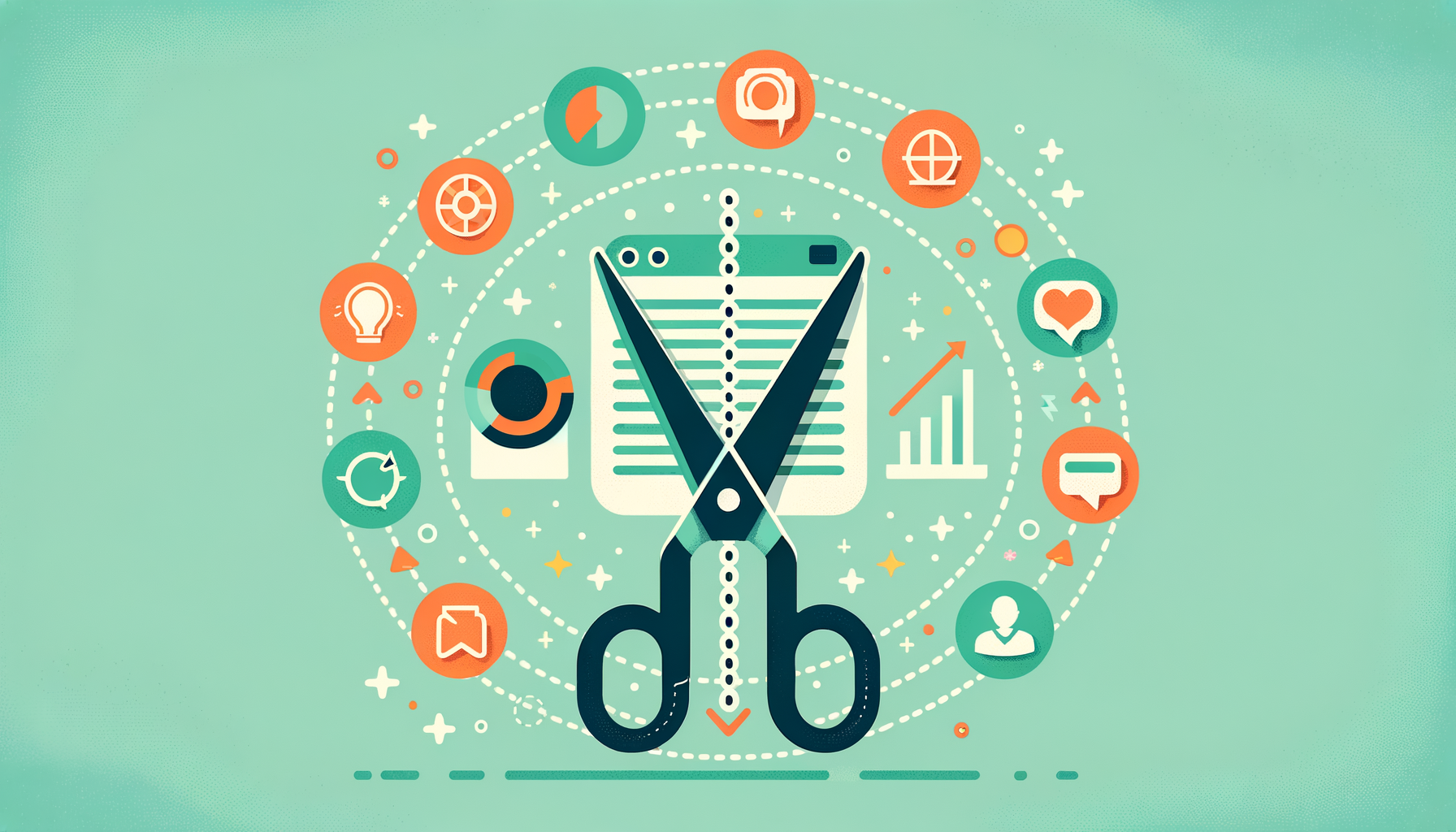Organizations have had to make many hard decisions over the past couple of months. With business uncertainties, many have been forced to determine where to cut spend, and inevitably, marketing teams are usually a big part of that conversation.
As a marketing agency, we’re in no position to tell you what to do with your marketing spend; that’s a decision for your company leaders.
However, we are in a really good position to help you make sure that if you’re considering making marketing cuts, your decisions are highly informed.
Because a lot of this isn’t as intuitive as it may seem at first glance. And if that statement doesn’t resonate with you now, it will by the time you’re finished reading this article.
First things first: Demand and marketing are not as related as you might think
A lot of decision-makers, particularly in hard-hit industries, feel that demand for their products and services is out of their hands right now, and they’re not wrong.
Many customers either don’t have money to spend or feel that they have more immediate priorities. In the case of travel, hospitality and restaurant, markets are in a state of government-enforced lockdown.
Consequently, many businesses “connect the dots” like so: If demand is waning or non-existent for reasons outside of my control, what good will marketing do?
The problem with this logic is that marketing is about much more than creating immediate demand for your product. While creating immediate, tangible results should be the aim of many marketing initiatives, you also need to consider other more prolonged benefits that result in revenue.
We’re talking about brand awareness and relationship maintenance – relationships with the public, with your customers, with your partners and with your potential customers. Creating and nurturing demand is something that can happen as a result of doing all of the above well.
The pay-off comes deeper down the line, and that’s partly why good branding doesn’t always get the credit it deserves. But when there is no instant revenue to be had, it’s that much more important to focus on longer-term opportunities – especially if demand is only temporarily hampered (e.g., because of a crisis at a given point in time).
So as demand suffers, maintaining brand awareness and market relationships is more important than ever, even if it is more difficult than usual.
Don’t get us wrong: If it comes to choosing between slashing marketing initiatives or paying your mission-critical employees and providing them the benefits they need during this time, the mission-critical employees come first. You can’t have a business without your critical personnel, and you will need them when this starts turning around.
But to preemptively freeze all marketing based on an incorrect understanding of its purpose or what it will cost you down the road – or even worse, to simply start doing less of what you were doing before COVID-19 without any strategic adjustment – would be a huge mistake.
Because even if there isn’t a lot you can do to influence demand right now, there is so much you can do to make sure your market remembers you (for the right reasons, I might add) when this is all over. And how well you succeed in this endeavor will influence whether or not your business has a fighting chance once social-distancing restrictions are relaxed.
Airbnb: A cautionary tale with a twist ending
To put some of this in context, let’s look at Airbnb’s trials and tribulations of late. The company, which was poised to make its big stock-market debut this year, was recently forced to cut its valuation by 16%.
Downturn was inevitable for the crowd-sharing hospitality platform because of COVID-19. However, the way it handled its relationships with guests and hosts only made things worse.
In mid-March, many hosts felt blindsided by Airbnb’s decision to waive all cancellation fees for guests.
Yes, Airbnb absolutely needed to do something for its guests encumbered by stay-at-home and shelter-in-place orders.
But the company wasn’t mindful of how the policy might disrupt hosts, who were now losing money and, in many cases, having to shell out refunds. This led to backlash, and some really scary social media rants like this one (a lot of people thought this was a parody, but it wasn’t):
Airbnb host went berserk
— Yaser (@YaserBi) March 23, 2020
https://t.co/IVMjon7UQO
To Airbnb’s credit, they have since taken measures to help their hosts and ride out the pandemic by among other things:
- Cutting executive pay by 50%.
- Cutting the founders’ pay altogether.
- Setting aside $250 million to pay hosts for canceled bookings.
- Securing a $1 billion loan.
- Providing information about how its hosts can seek federal relief.
But Airbnb also cut its entire marketing budget for the rest of 2020 in a bid to save $800 million, and that’s problematic for two reasons.
1. Airbnb’s future is staked in a post-pandemic travel boom. The more favorably people view the brand coming out of this crisis, the better the company will fare. And it really needs to fare well going into its IPO.
Axing marketing is essentially Airbnb’s way of holding its breath as it passes through this tunnel, and hoping it can pick up right where it left off upon reaching the light at the end. The Greeks would call this hubris.
2. Airbnb’s marketing moratorium came right as some of its competitors and travel-industry counterparts created marketing materials in anticipation of the aforementioned travel boom. Many are using the slogan “Dream now, travel later.”
Here’s an example of that marketing from Booking.com:
Here is a recent campaign created by the World Travel & Tourism Council.
And here is the graphic accompanying one of several emails I received in my inbox from Delta Airlines, signed and allegedly penned by CEO Ed Bastian:

The crazy thing is that Airbnb will probably be OK. Brian Chesky is a branding genius, and the fact that he was able to grow a startup that was once posting “air mattress” accommodations into a household name is remarkable.
That work is hard to undo, and Airbnb may, in fact, be able to get away without marketing (worse for wear, to be certain, but still solvent).
But can you say the same for your company?
If you happen to be an internationally recognized brand that was experiencing extraordinary growth before this all went down (and just received $1 billion in private equity funds) then maybe (a lower valuation and some lost market share notwithstanding).
But if none of that applies to you, then you need to do what little is within your power to make sure you’re engaging with your audiences.
This will turn around, and that demand that is so outside of your control will rise from the ashes like a phoenix.
The question is whether or not you, or your competitor, will be top of mind when that happens.
The bottom line: Most companies can’t afford to ditch marketing
Even if Airbnb could afford to ditch marketing, most companies probably can’t. And if you must, just make sure it’s for the right reasons.
If you need to scale back on marketing (even we, a marketing agency, have narrowed the scope of our operations), focus your time and energy on value-add content marketing that is actually helpful, or at least interesting, to your audience right now.
Oh, and about that twist ending to Airbnb’s cautionary tale . . .
A few weeks after announcing it was abandoning all marketing, the company launched a new “Online Experiences” page that lets customers pay hosts for virtual tourism sessions.

Now, you can argue that this is a service, and not marketing. But let’s not kid ourselves: Virtual wine tours and cooking lessons won’t come close to recovering Airbnb’s lost revenue.
This is digital content, and its purpose is first and foremost to keep hosts and customers alike engaged during this pandemic. It has all the hallmarks of digital marketing.
So after all Airbnb has said about ditching marketing, they are very clearly using owned media to get earned media (i.e., attention from the likes of Forbes, Travel + Leisure, Lonely Planet and countless others).
That’s what we call brand awareness and relationship maintenance, aka, marketing.





